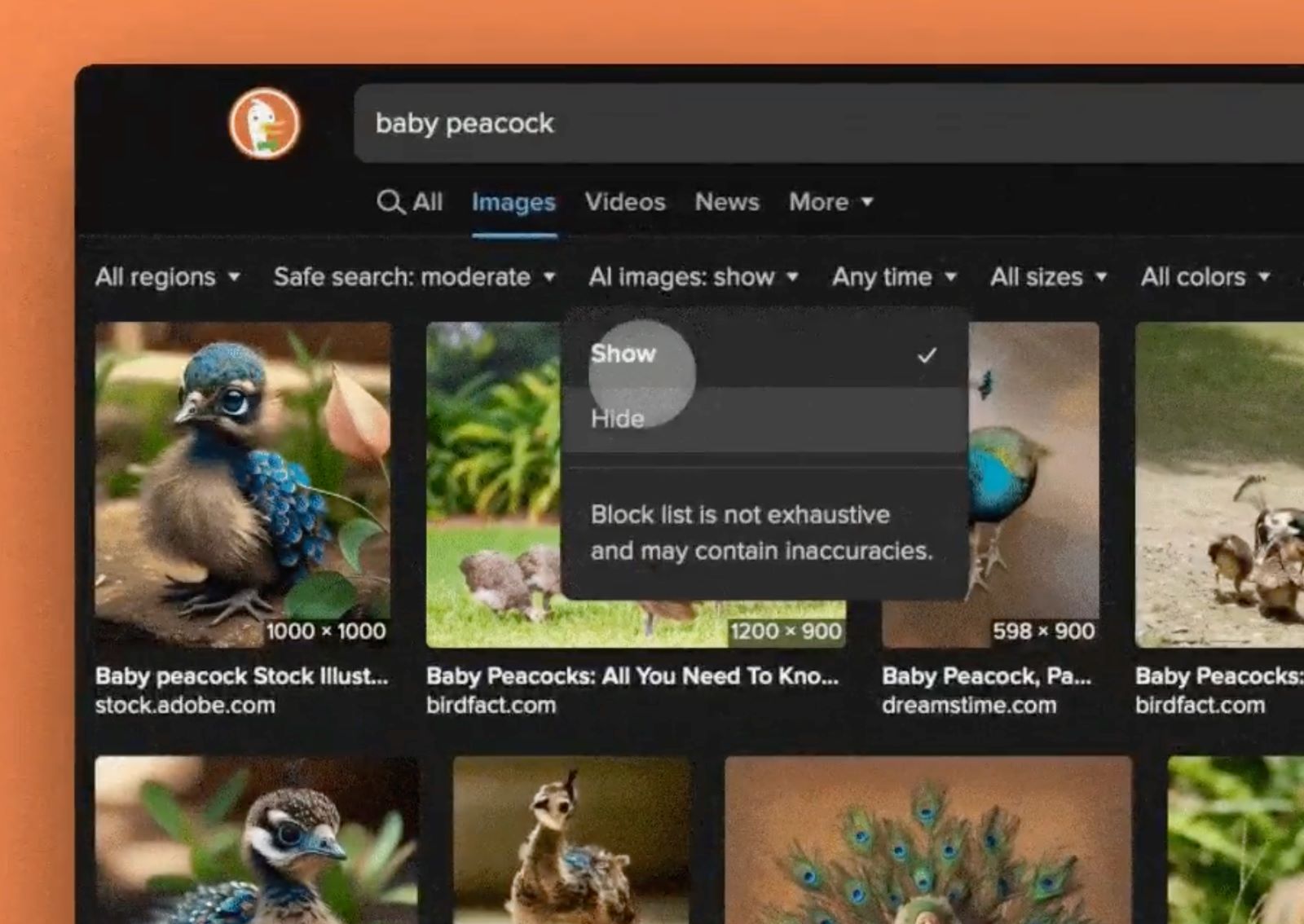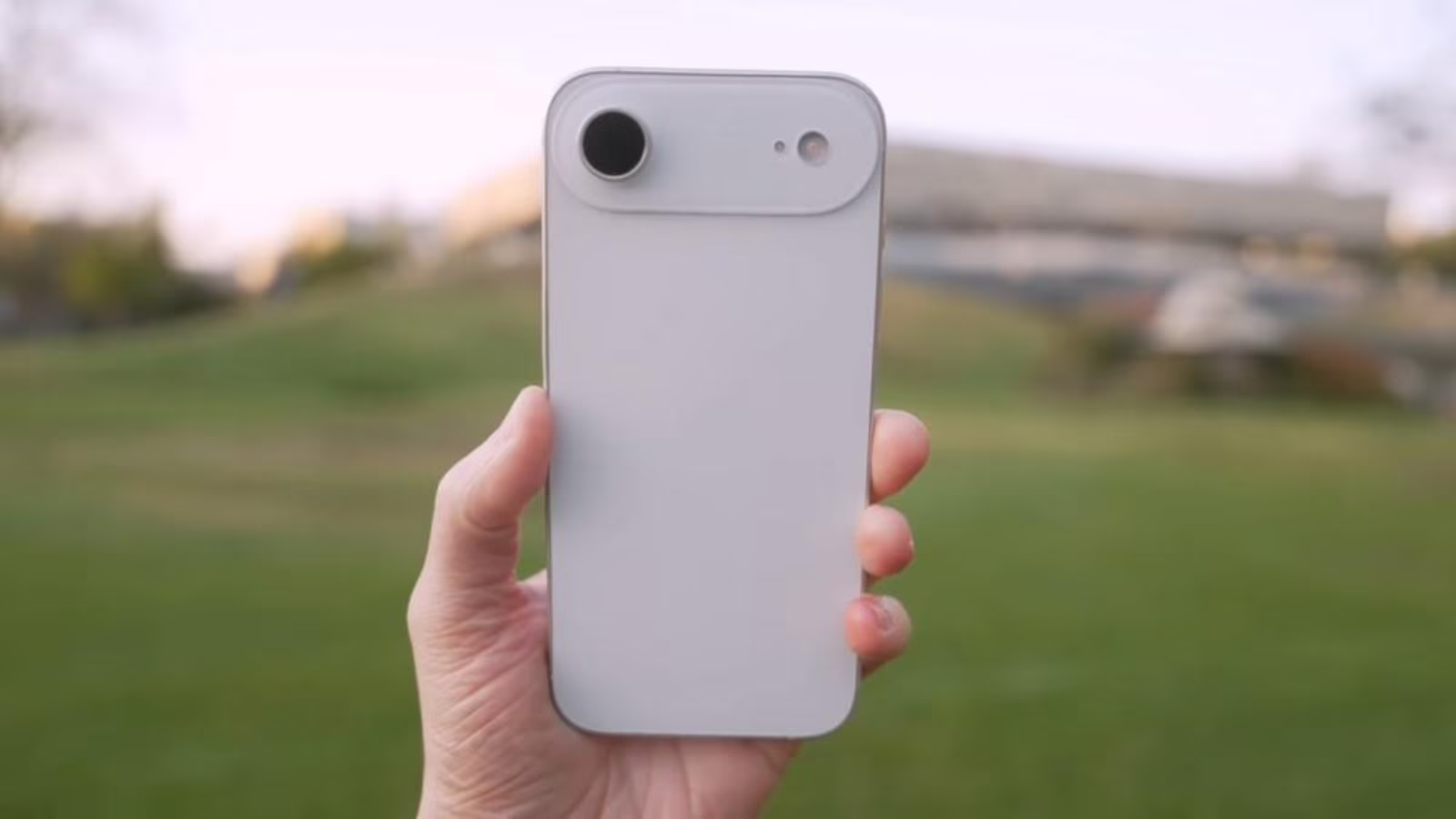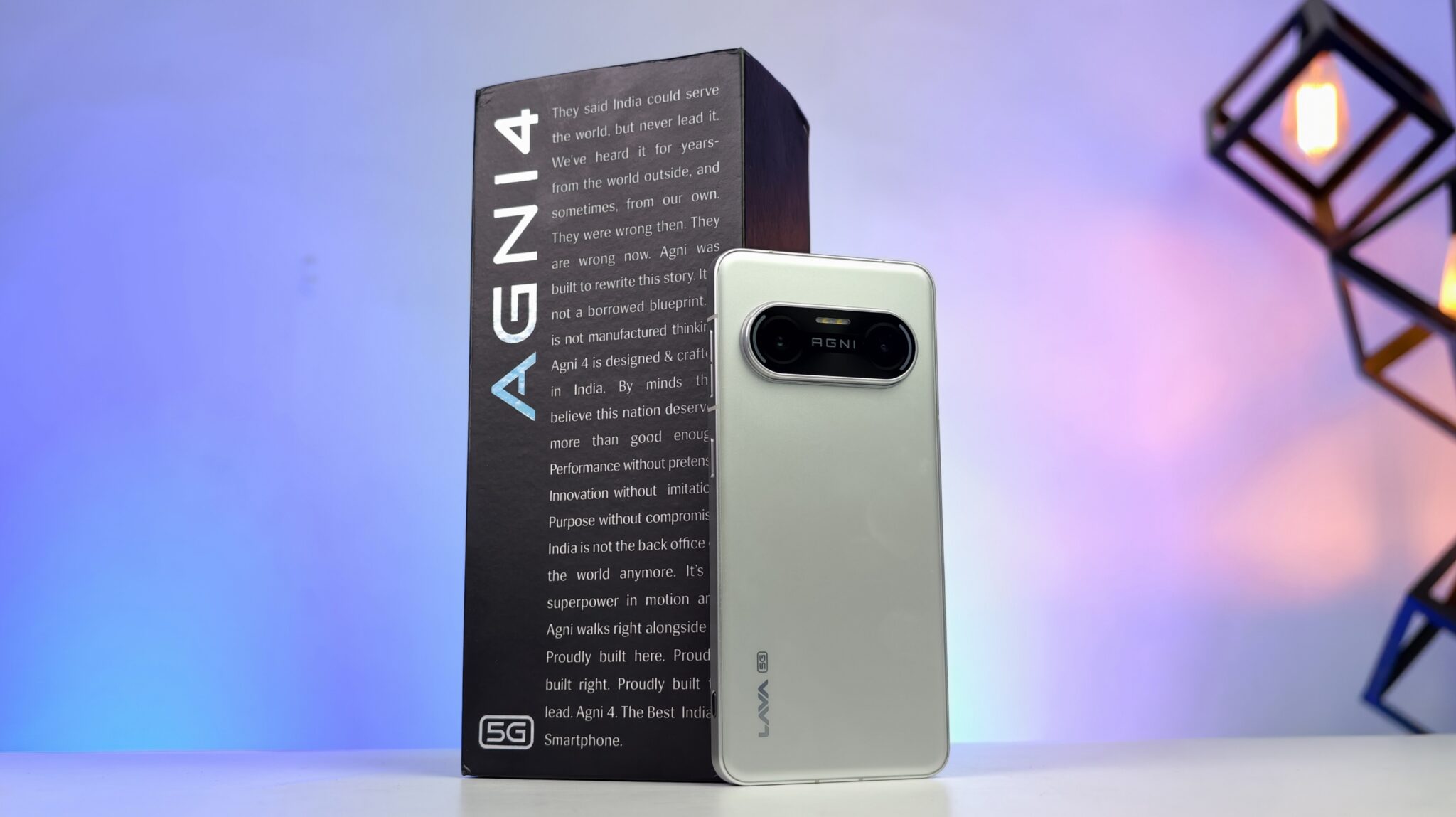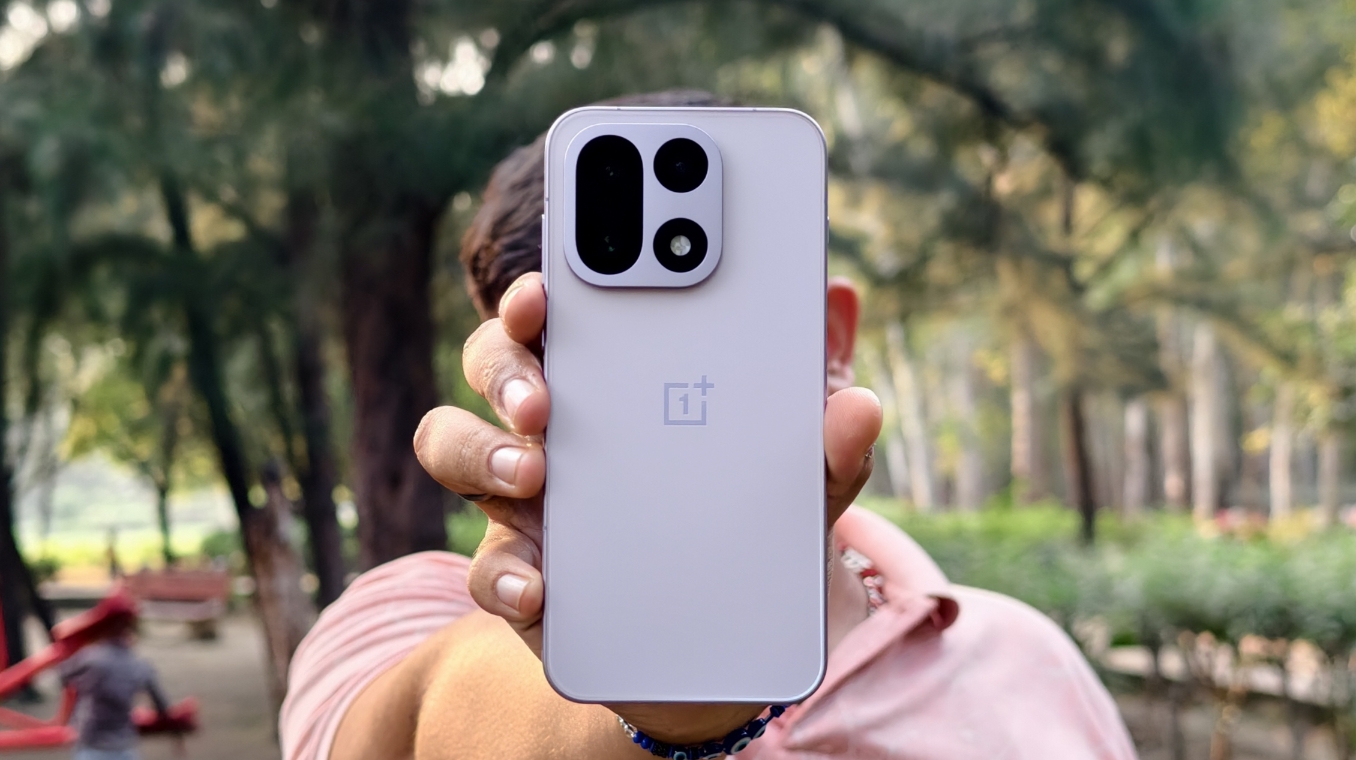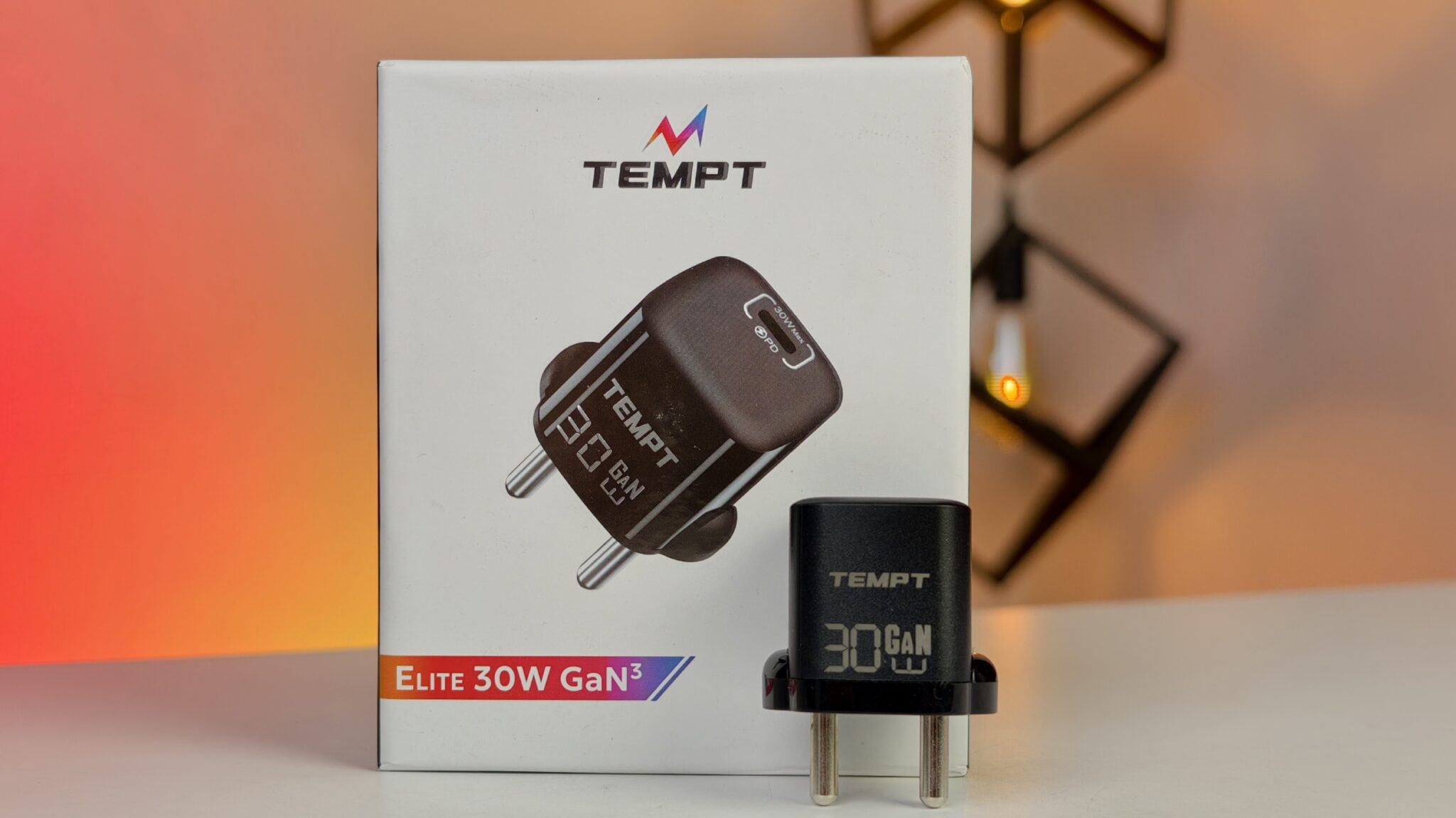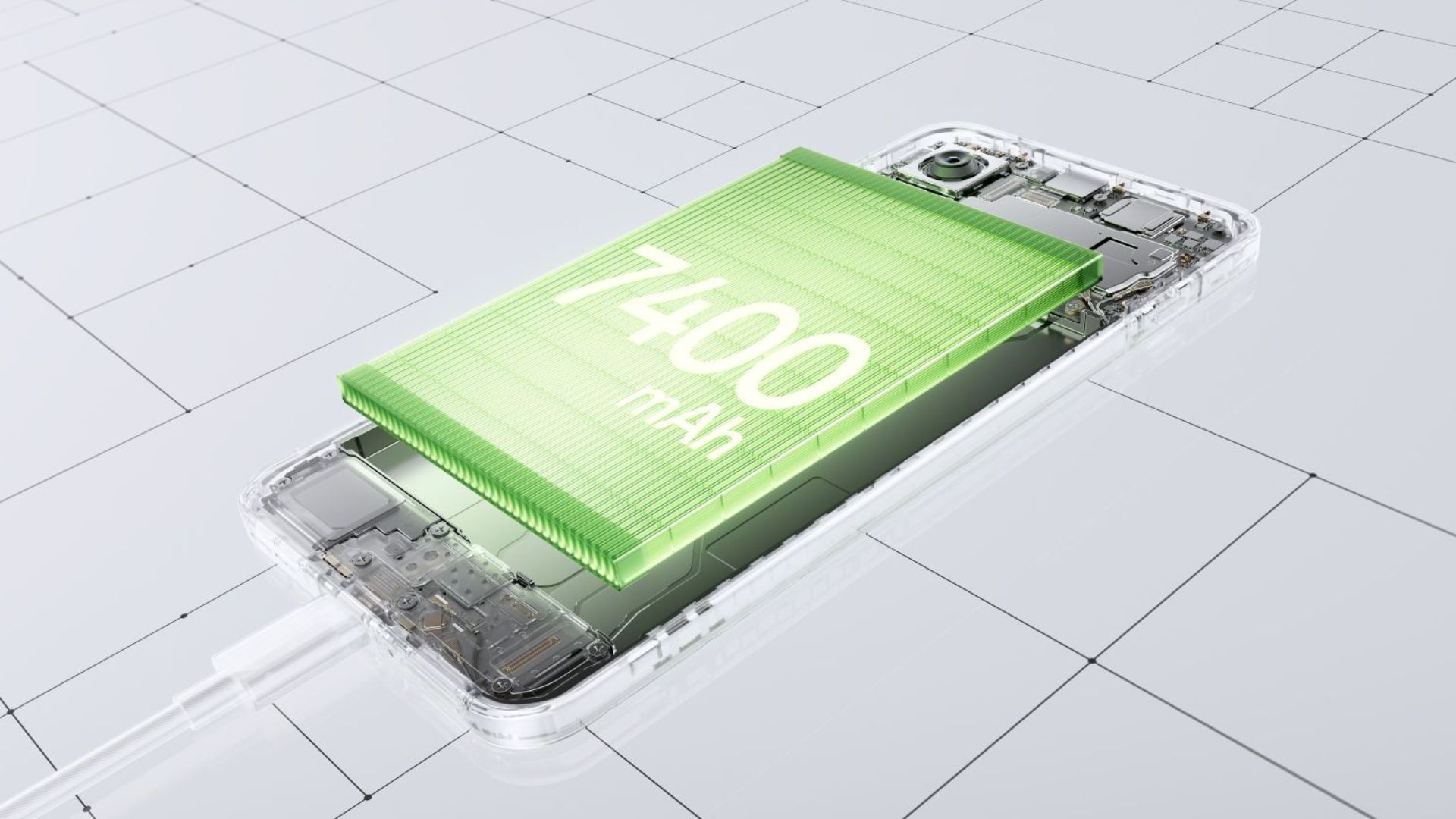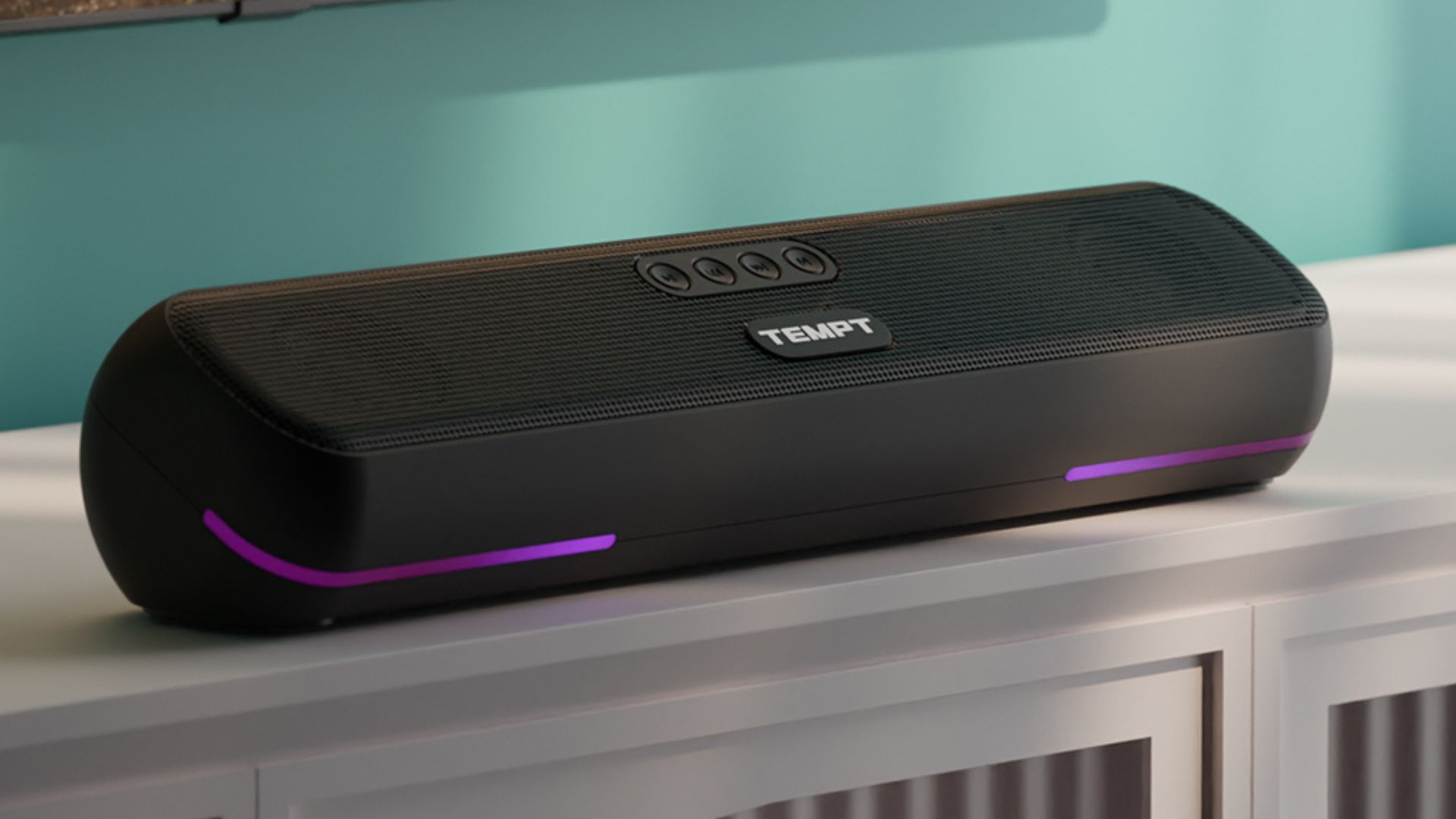DuckDuckGo and Kagi, two privacy-focused search engines, have introduced new tools that let users filter out AI-generated images from their search results. It’s a move that seems timely, maybe even overdue, as concerns around the flood of inauthentic or misleading AI visuals grow louder.
Key Takeaways
- DuckDuckGo and Kagi now offer options to hide AI-generated images from search results.
- This feature gives users more control over the authenticity of images they encounter online.
- The filter on DuckDuckGo relies on open-source blocklists, while Kagi has a direct toggle in its settings.
- The rise of AI-generated content has brought challenges related to misinformation and the reliability of visual information.
What both platforms are offering here is simple: more control. The kind of control many people feel has been slipping away, especially as AI-generated images, some of which are poorly rendered or flat-out inaccurate, continue to seep into everyday search results on larger engines like Google or Bing.
DuckDuckGo’s approach centers on open source blocklists. The filter, tucked away in the image settings, isn’t turned on by default but can be easily enabled. The company says it uses blocklists from sources like uBlockOrigin and the Huge AI Blocklist project. It’s not foolproof, and they admit that — the tool might not catch everything, but it’s meant to cut down on the volume. It’s a practical compromise, not a perfect fix.
Kagi, meanwhile, is taking a slightly more streamlined path. As a premium search engine that prides itself on ad-free, user-centric experiences, it has added a toggle in its “AI Search Settings” labeled “Exclude AI-generated images.” The idea is the same — help users filter out visuals that weren’t made by human hands — but the execution feels a bit more direct. Kagi refers to it as a “best-effort removal,” which seems like fair language given how quickly AI generation methods are evolving.
This isn’t just a tech tweak. The broader issue here is trust. AI images can look astonishingly real — that’s part of the problem. It’s become harder to tell what’s authentic, which naturally raises concerns about misinformation, manipulated visuals, and even the broader implications for art and ownership. If AI can create a “photograph” that never actually happened, what does that mean for credibility, or for the value of human creativity? These are thorny questions without easy answers.
By putting these filters in users’ hands, DuckDuckGo and Kagi are clearly listening to growing demand for transparency and choice. Unlike some of the bigger players, which are exploring ways to flag or label AI content internally, these platforms are handing the reins directly to users. That might appeal especially to users in India and other regions where digital privacy and information reliability are increasingly top of mind.
In the end, this shift feels like a quiet but significant change — not just in how search engines operate, but in how users can begin to reclaim a bit of clarity in a space that’s getting noisier by the day.
Related FAQs
Q1. Why are AI-generated images appearing in search results?
A1. AI-generated images are created by artificial intelligence programs and are becoming more common online. They appear in search results because they are indexed like other images, and some websites use AI to quickly produce content.
Q2. How do AI image filters work?
A2. AI image filters work by identifying patterns or metadata associated with AI-generated images. They often rely on blocklists of known sources of AI content or use algorithms to detect characteristics typical of AI creations.
Q3. Are these AI image filters 100% accurate?
A3. No, these filters are not 100% accurate. AI technology is constantly evolving, and new methods of generating images emerge regularly. Filters are a “best effort” to remove AI images but may not catch every instance.
Q4. What are the concerns with seeing AI images in search?
A4. Concerns include the potential for misinformation, as AI images can be used to create fake scenarios. There are also concerns about copyright, the ethical implications of AI art, and the dilution of authentic human-created content.
Q5. Can I block AI-generated content on other search engines like Google or Bing?
A5. Google and Bing are developing their own approaches to identifying and labeling AI content. While they may not offer a direct user-facing “block AI images” filter in the same way, they are working on internal algorithms and guidelines to manage AI-generated content in their results.


